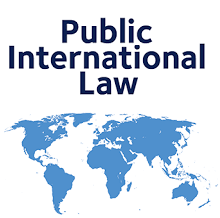Depending upon the views of different jurists, we can say that there are three important theories which form the basis of International Law. These theories of International law are also called schools of International law. Naturalist Theory: In the 17th and 18th centuries and earlier times, under the influence of theology and the “law of […]

